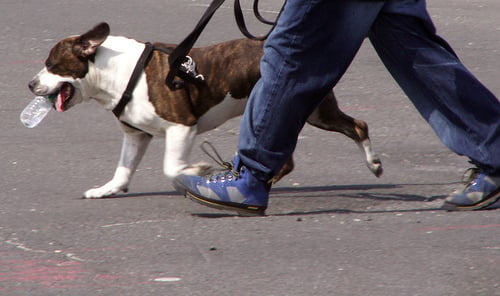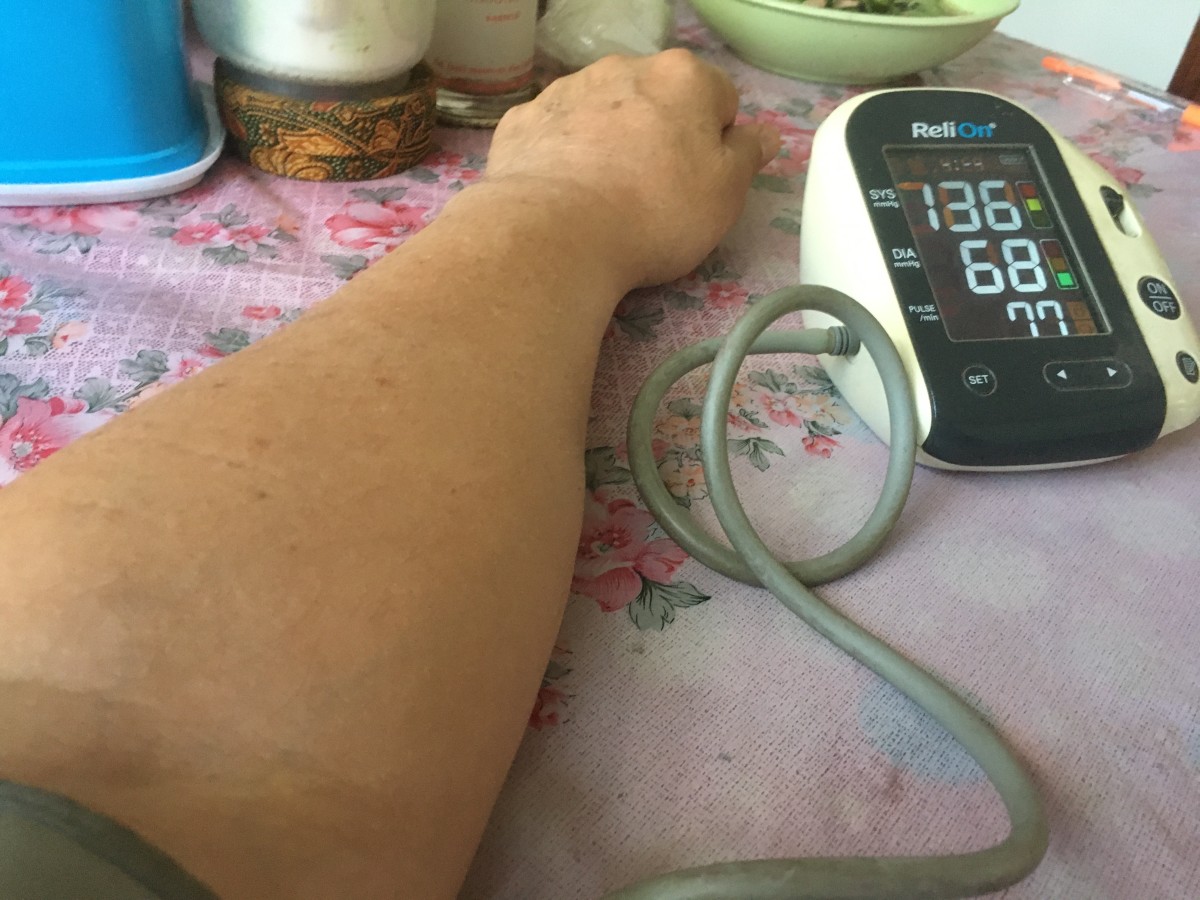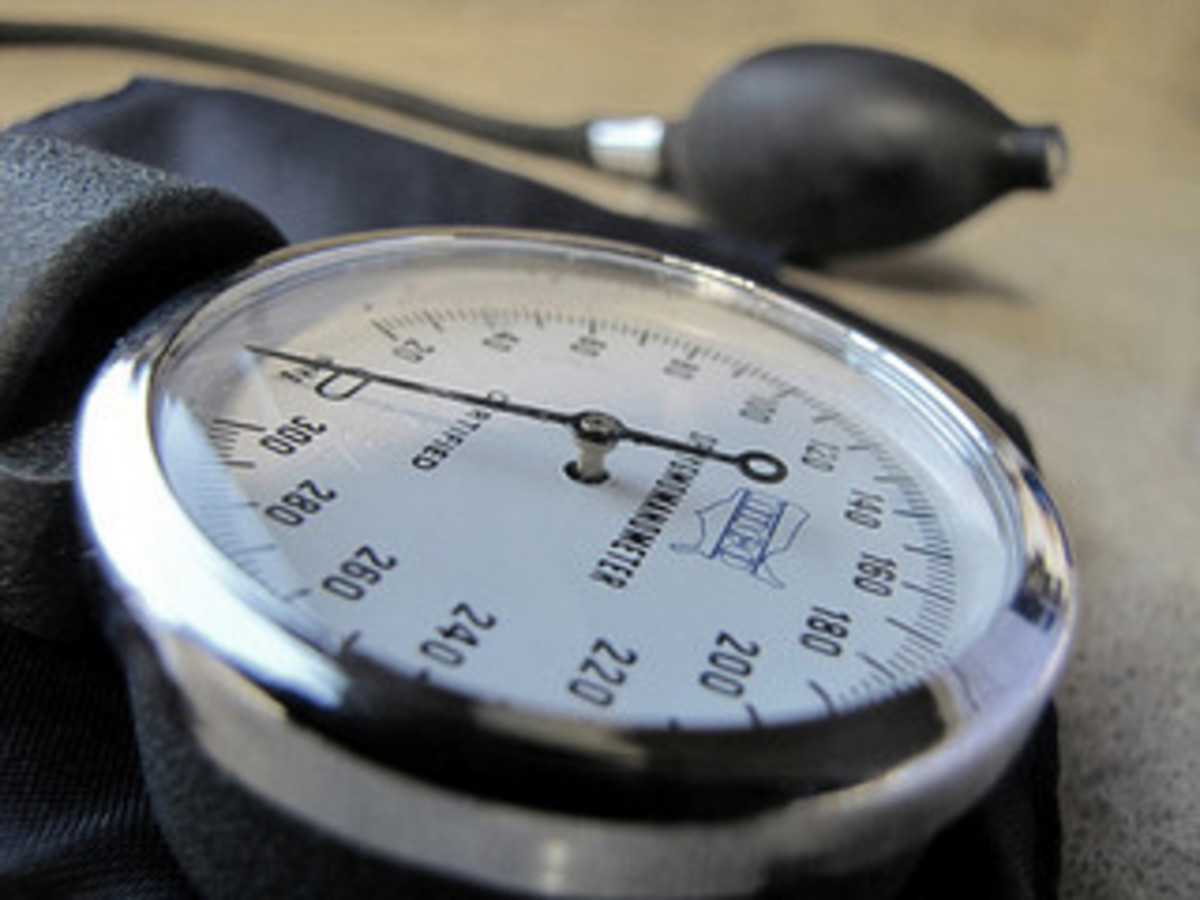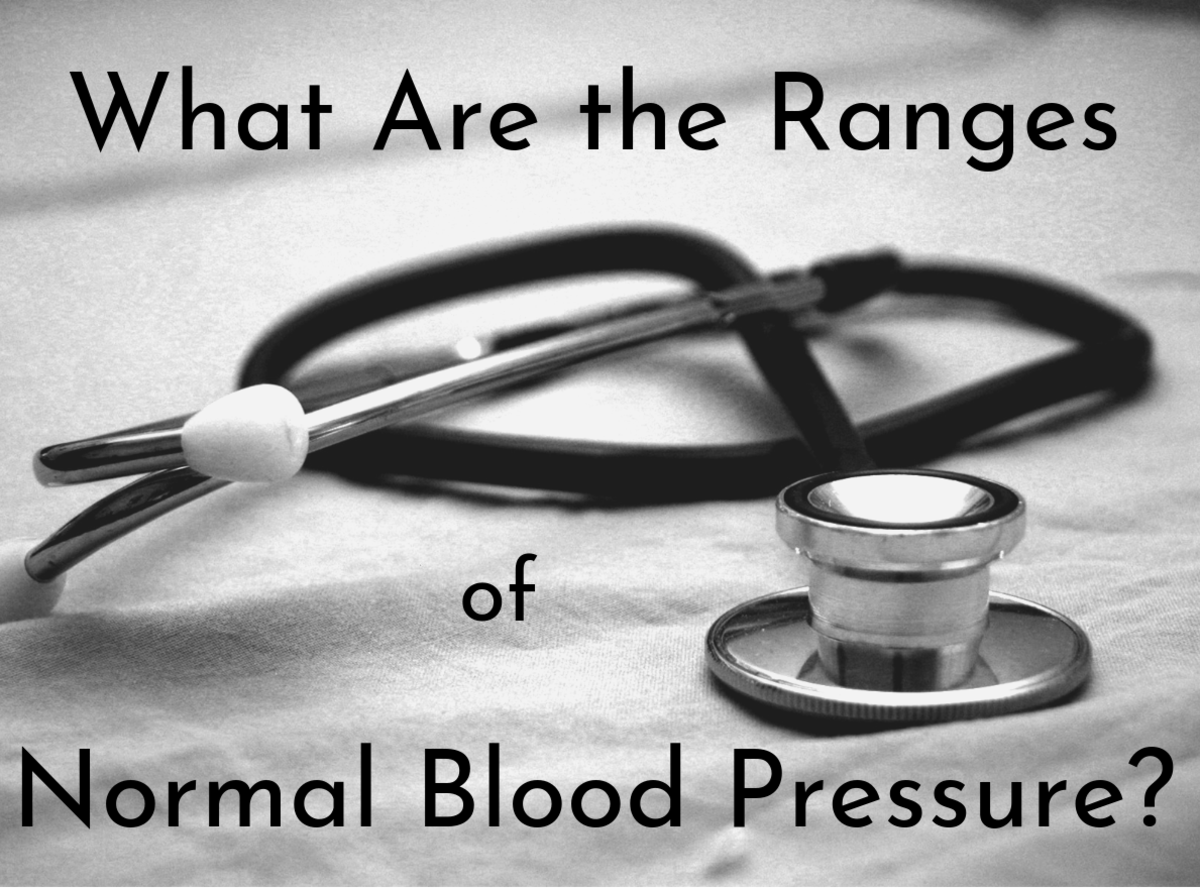Is Walking Good for Blood Pressure?
Walking is fun and easy. You can do it practically anywhere, from on the trail to through the neighborhood to up and down a hallway. As a fitness activity, it's one of the best. But is it good for high blood pressure, specifically?
The answer in most cases is yes. High blood pressure puts you at risk for stroke and heart disease, and walking is a low-impact aerobic exercise that for most people helps their bodies get fit and improves their circulatory system and heart health.
The author of this article is not a doctor, but simply a person who had high blood pressure for much of her life who's taken the time to do the research. Check with your doctor about beginning any exercise activity if you have high blood pressure.

What is high blood pressure?
High blood pressure, also known as hypertension, is defined as a blood pressure of 140/90 mmHg or higher. Blood pressure is a measure of the pressure of blood in your veins and arteries. Blood pressure involves two measurements: systolic pressure (the upperer number) and diastolic pressure (the bottom number). The systolic measurement detects the blood pressure when your heart beats, while the diastolic measurement detects the blood pressure between heartbeats.
Effects of Walking on High Blood Pressure (Hypertension)
Controlled studies have shown that exercising regularly lowers blood pressure--walking being included among the types of exercise that help. Seniors and older people especially benefit from walking, according to the AARP (American Association of Retired Persons). According to a 2006 study of middle aged Asian Indian men, blood pressure was lowered in those who regularly walked briskly for exercise. The benefit of walking for blood pressure lies largely in its ability to make the heart stronger. A stronger heart means that blood flows more readily through the body, which means lower arterial pressure.
Walking has, of course, other well-established health benefits. A mood-booster, walking is a perfect way to de-stress on a daily basis. Walking increases your metabolish, improves your cardiovascular function, and improves your posture. Walking doesn't jar your joints the way high-impact aerobic exercise does. The sweat built up during walking helps rid it of wastes and increases your ability to regulate heat.
Tips for Walking to Reduce High Blood Pressure
- Talk to your doctor before you begin. Since walking can lower your blood pressure, this may affect your medications for high blood pressure. Your doctor may also want you to wear a heart rate monitor while you walk to monitor your blood pressure.
- Don't overdo it. Since walking is so "easy," it's easy to push too hard, especially at first.
- Get yourself some good, well-cushioned shoes with adequate arch support and weather-appropriate breathable workout clothes.
- Don't forget the sunscreen if you walk outside.
- Choose
a walking path you enjoy--it doesn't matter if you walk in a park or
walk in a mall, just that you walk. If you walk outside and listen to a
Walkman while you walk, then keep it turned low enough to hear traffic
sounds--you don't want to get caught unawares.
- Start small and build up. According to the National Heart Lung and Blood Institute, you should start by walking 15 minutes a day, at least three times a week, for a week. The first 5 minutes should be slow. Then walk briskly for 5 minutes. The last 5 minutes should be slow again.
- For
week two, add 2 minutes to the middle stage of brisk walking. For week
three, add 2 more minutes. Each week add 2 or 3 more minutes to your
program. By week 12, you should be up to walking for 40 minutes
(including the 5 minutes slow at the beginning and 5 minutes slow at
the end).
Health Risks of High Blood Pressure
Heart disease is the most common cause of death in people in the United
States, and stroke the third most common. Those with high blood
pressure have a greater risk of developing heart disease and having a
stroke. Here's a frightening statistic that suggests that most
Americans are at risk: 90% of people who are 55 and don't have high
blood pressure do eventually get it. Even if you don't have it now, there's a more than good chance you'll have high blood pressure when you're a senior.








